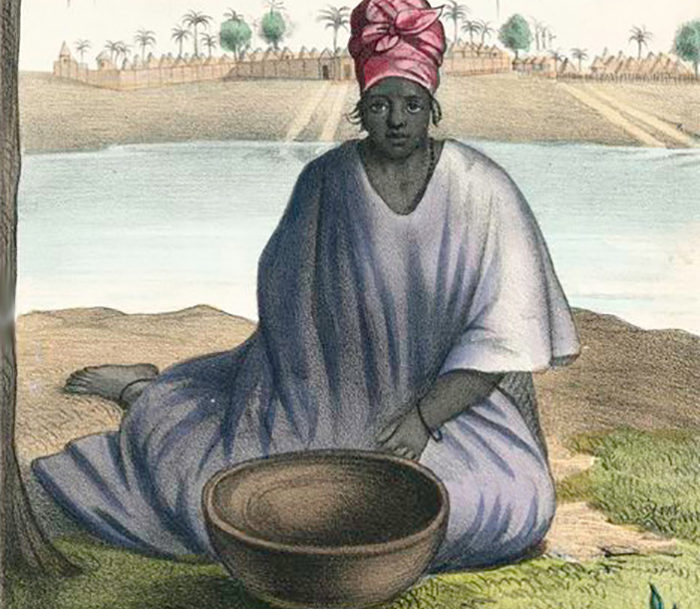The Dioula people emerged as specialized traders within the Manding cultural sphere, establishing commercial networks that stretched across the Sahel and savanna regions. From the medieval period onward, Dioula merchants facilitated trade in gold, kola nuts, salt, and other commodities, founding trading posts that evolved into major cities.
Dioula communities became important centers of Islamic learning in West Africa. Trading posts often included schools where scholars taught Qur'anic studies and Islamic jurisprudence. This Islamic tradition remains central to Dioula identity, with many communities maintaining strong religious education systems.
Cities like Kong (in northern Ivory Coast) became renowned as Dioula cultural and commercial centers, attracting traders and scholars from across West Africa. Although Kong was destroyed in the late 19th century, its legacy lives on in Dioula cultural memory and modern urban centers like Korhogo and Odienné.
Today, Dioula serves as the primary language of commerce in northern Ivory Coast and parts of Burkina Faso. It's used in markets, on radio stations, and increasingly in education. The language continues to facilitate cross-border trade and cultural exchange across the region.
